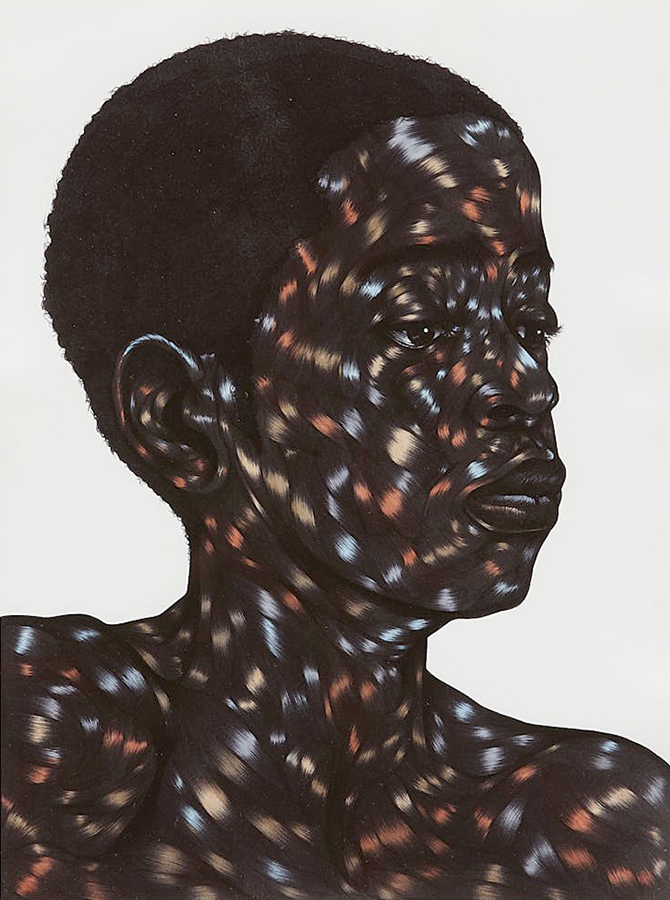Karl Barth recommended theology be done with the Bible in one hand and the newspaper in the other. The same goes for those of us tasked with leading Christian institutions. There’s someone who can help us with this dual task of observing the world in which our institutions exist and serve and reading the traditions of our Christian faith: a good poet.
I was reminded of this recently while perusing one of those small independent, often idiosyncratic bookstores that we see fewer and fewer of these days. I came across a poet who had been (up until now for me) only a name on a list of lesser-known writers from long, long ago. The poet's name is William Dunbar. He was a court poet for King James IV of Scotland. James was the grandfather of Mary Queen of Scots and founder of my alma mater, King's College, in Aberdeen.
Dunbar was, in some ways, a conventional court poet, but he wrote a passage that guaranteed at least one sale over five hundred years after he went out of business. I came across this passage from an Easter poem while standing in the bookstore scanning his verse:
Done is a battel on the dragon blak,
Our campioun Chryst counfountet hes his force;
The yettis of hell ar brokin with a crak,
The signe triumphall rasit is of the croce,
The divillis trymmillis with hiddous voce,
The saulis ar borrowit and to the blis can go,
Chryst with his blud our ransonis dois indoce:
Surrexit dominus de sepulchro.
Christ battling the dragon! Hell's gates crashing down! Demons trembling!
No wonder C.S. Lewis said of this poem by Dunbar that “it vibrates with exultant energy” and “defies the powers of evil” with the ring of “a steel gauntlet flung down” (a hint for comprehending Dunbar's mixture of late Middle English, Scots dialect and occasional Latin: Read him out loud. Much, if not all, will become clear).
C.S. Lewis gives another bit of advice for comprehending another Dunbar poem. This Christmas poem needs to be sung, said Lewis. If you read it late at night, sitting alone in the quiet of your room, Lewis said, “On laying the book down,” you are “almost shocked” to discover “that the choir and organ existed only in our imagination.”
Lewis does not share the tune he hears. Try one of your own favorites.
Dunbar's poem about Christ's birth is fitting as we leave the season of Christmas. Lewis observes the poem has nothing in common with “the modern -- the German or the Dickensian -- attributes of Christmas.”
There's certainly nothing sentimental about it. Dunbar is closer to Gregory of Nyssa than he is to the shopping mall Santa when he writes:
Synnaris be glaid and pennance do
And thank your makar hairtfully,
For he that ye mycht nocht cum to
To yow is cummin full humly;
Your saulis with his blud to by
And lous yow of the fiendis arrest,
And only of his awin mercy
Pro nobis Puer natus est.
A couple of days before I came across this little book by Dunbar, I heard Billy Collins, the former poet laureate, on “A Prairie Home Companion.” I remembered the poem in which Collins encourages readers of poetry to water ski across the surface of a poem, or to feel your way in the dark along the poem's wall until you find the light switch. This is nowhere truer than with a poet from another age, another whole world, like Dunbar. But somehow, the deciphering makes the discovering that much more fun -- and that much more memorable.
Today, in this age of instant access to ideas that are seldom worth even the small trouble, I want to encourage you to seek out a poet, a good poet, who will require a little work. Slap on a pair of water skis, and have a go. It will make you a better leader.
Michael Jinkins is president and professor of theology at Louisville Presbyterian Theological Seminary.






